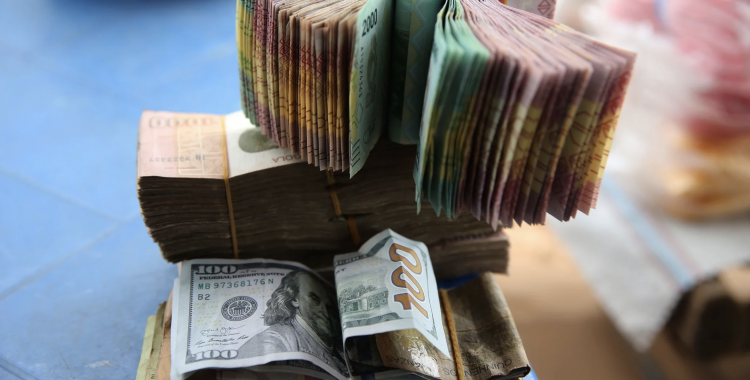Marcos Souto who was speaking this Thursday at the Angola Innovation Summit, an event taking place this Thursday and Friday in virtual form recalled that a considerable portion of the Angolan budget is used to service debt.
"Every time there is a shock in oil prices this creates huge challenges for public finances. For this reason, any initiative to obtain lines of financing for the Angolan government should be viewed very cautiously," he said, calling for the resources to be applied so that they bring an adequate economic return.
The head of the International Monetary Fund reinforced that, whether it is a question of issuing or contracting a financing line, it has to be "very cautious" considering the high levels of debt.
"It is necessary to come to Angola with more equity and that they effectively invest in Angola, because Angola already has enough debt," he said, adding that the resources should be applied in a way that guarantees an adequate economic return, in public investment that has a "reasonable" return and brings benefits to the Angolan economy and population.
Since resources are indeed scarce, the choice of projects must be made in a very careful way, considering all the difficulties, not only economic, but that concern the Angolan population, he emphasized.
The economist pointed out that the government has been "very prudent in the public accounts" and has made a "Herculean effort in the sense of reducing expenses," but "unfortunately" revenues have also suffered a very negative impact due to the effects of the covid-19 pandemic and the strong dependence on oil.
The IMF recently completed the 5th evaluation of Angola's economic program, supported by an extended arrangement under the Extended Fund Program, which allowed for a further disbursement of about $770 million.
Marcos Souto welcomed the Angolan government's commitment to "difficult" structural reforms and the stabilization of the economy, noting that the IMF and the government have a "very constructive relationship", although they do not always agree.
He added that the macroeconomic outlook is improving, associated to the rise in oil prices, but in the medium term challenges remain due to the degree of uncertainty caused by covid-19.
Another challenge is high inflation, around 25 percent, which hinders sustainable economic growth, despite the restrictive monetary policy that has been conducted by the Angolan central bank.
The potential negative impact of the interest rate increase decided at the last meeting of the National Bank of Angola's Monetary Policy Committee "is being monitored," he said.
"It is a very delicate balance. On the one hand, we support the central bank's efforts to anchor inflationary expectations, but we do not want economic activity to be stifled, hence the importance of continuing structural reforms," the IMF official detailed.
Marcos Souto considered that the recovery of non-oil activity has happened at a slower pace than would be desirable and pointed out significant risks, despite the improvement of the external environment: high levels of debt, volatility of oil prices, as well as the evolution of the pandemic, in particular the achievements of the new variant Delta despite the investment in vaccination.
"We fully support, including if necessary in terms of budgetary space, whatever the authorities deem necessary to ensure the vaccination of their population," he said.







